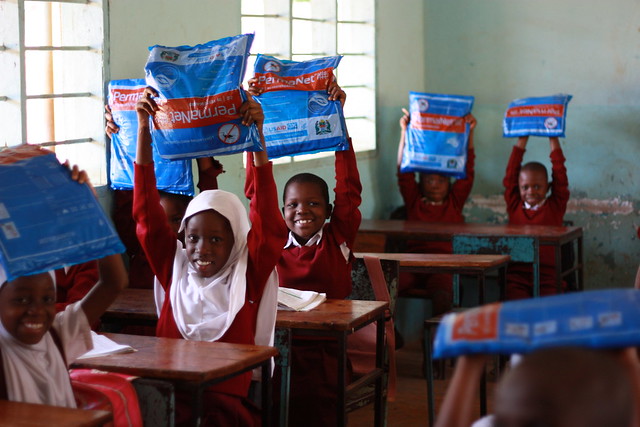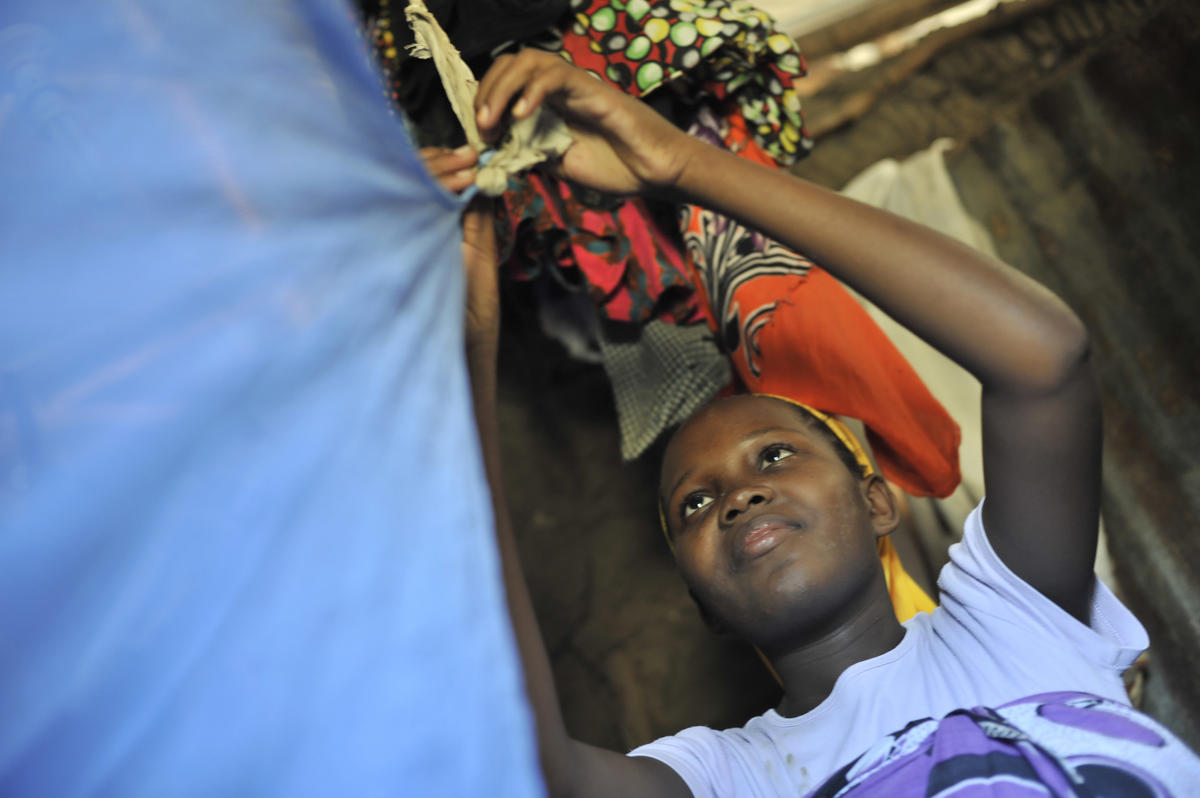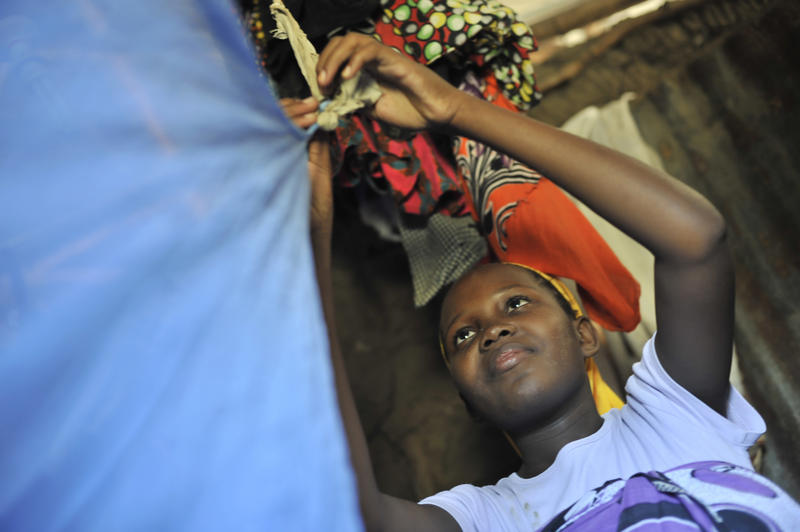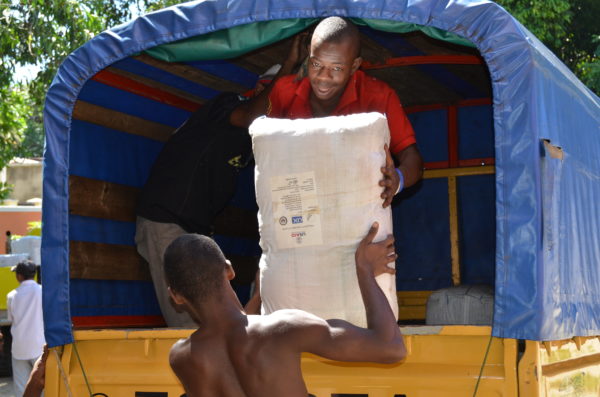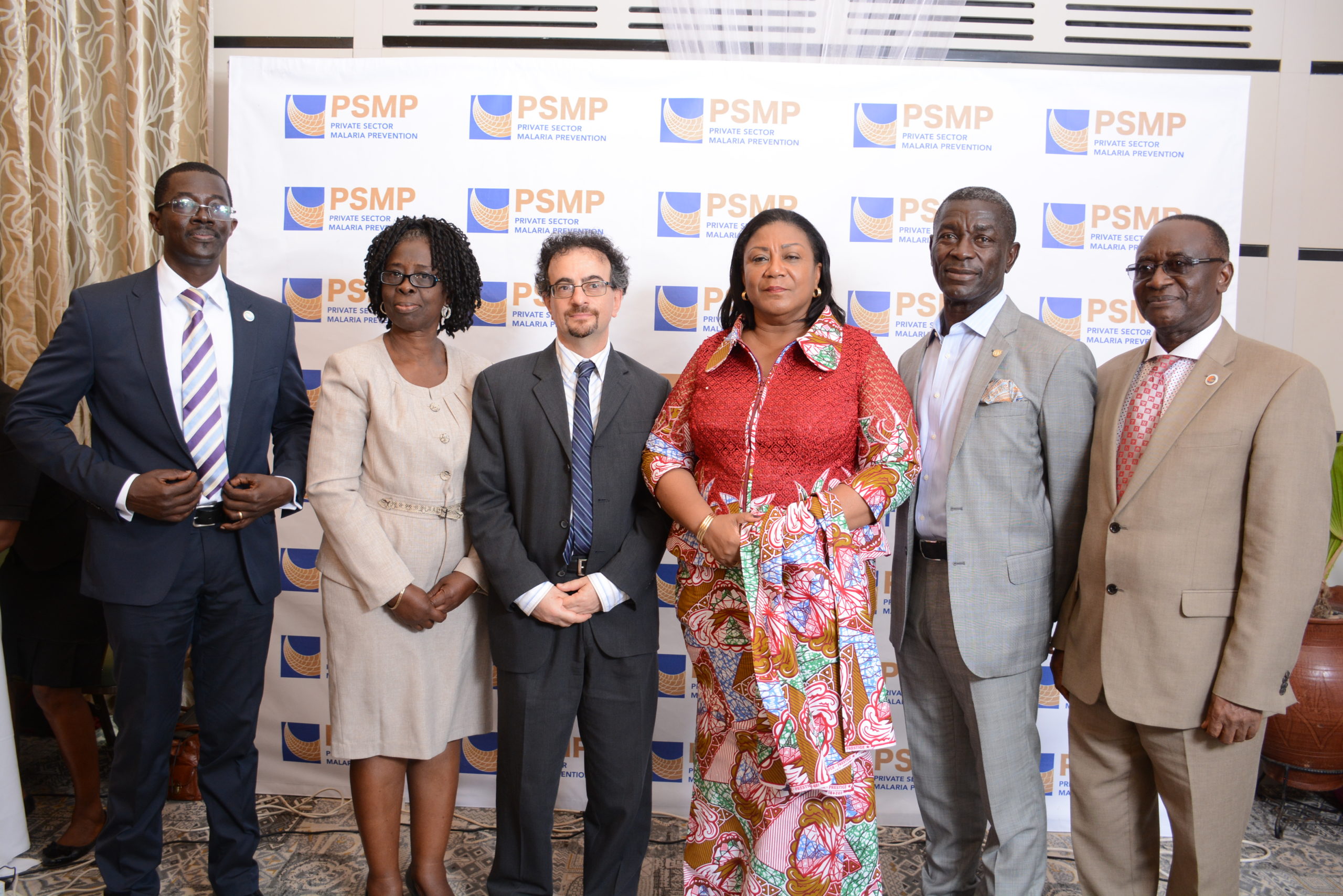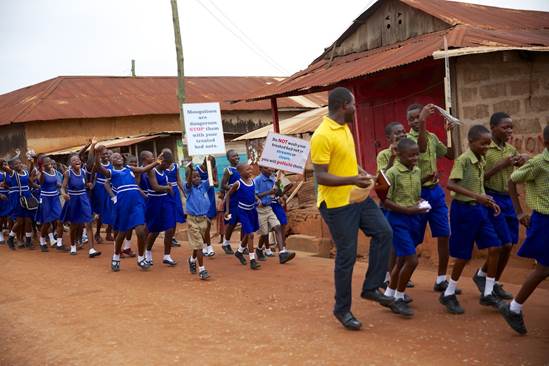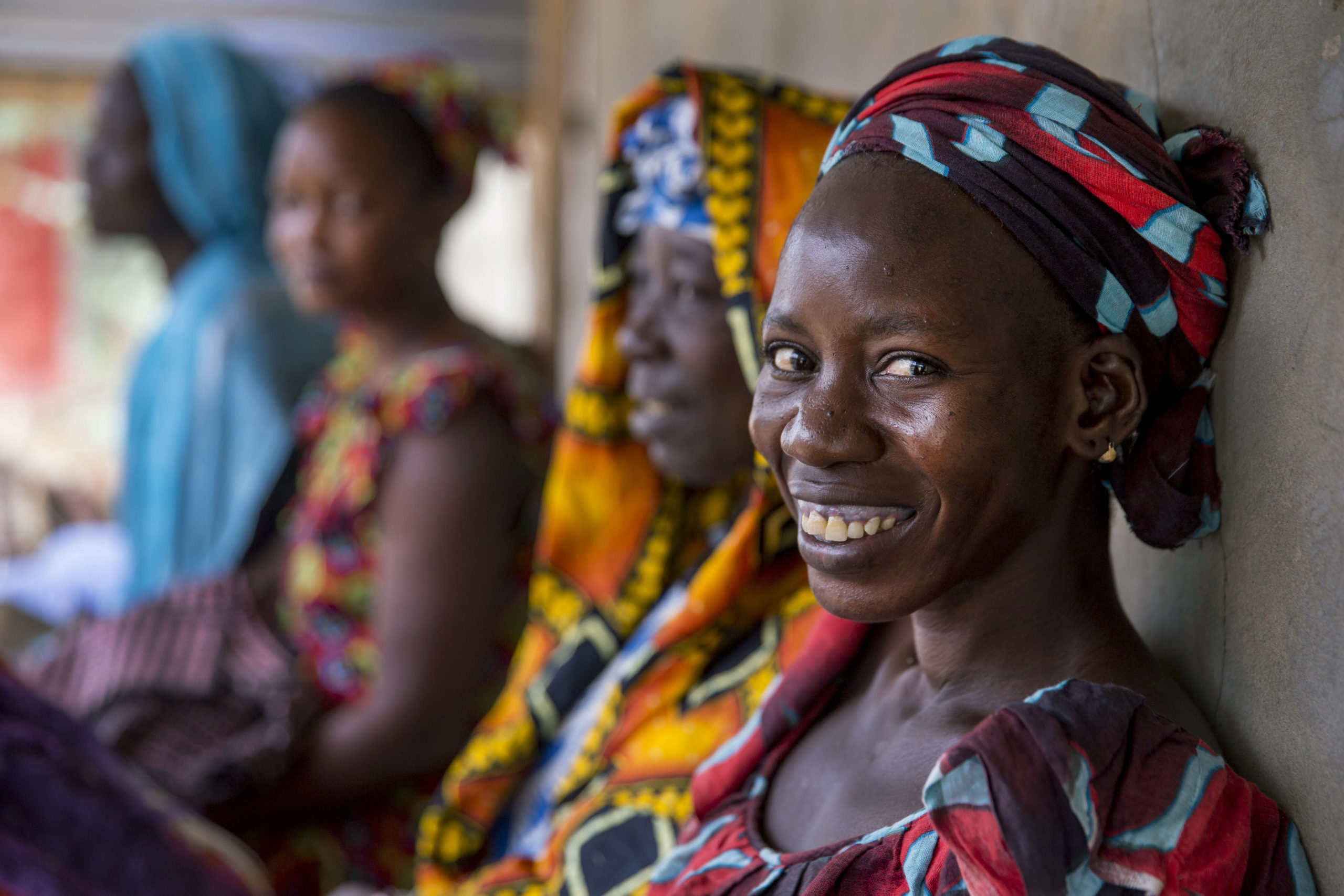
CCP Earns Five-Year, $40 Million Bed Nets Contract
USAID and its U.S. President’s Malaria Initiative have awarded the Johns Hopkins Center for Communication Programs a five-year, $40-million contract to distribute insecticide-treated mosquito nets to the residents of Tanzania and Zanzibar.

